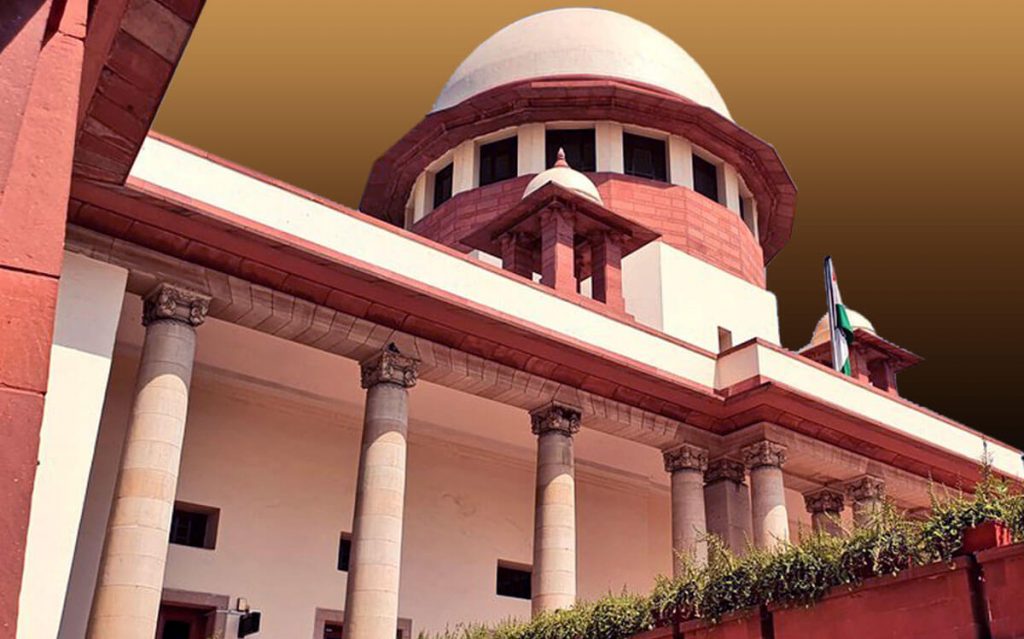The Supreme Court has requested the Union Government to play a proactive role in the endeavours which were made by the neighbouring States of Punjab and Haryana for finding solutions in relation to the Sutlej-Yamuna Link (SYL) canal dispute.
A three-judge bench of Justice Sanjay Kishan Kaul, Justice Ahsanuddin Amanullah, and Justice Aravind Kumar while hearing an original suit filed by Haryana against Punjab in 1996, in which a favourable ruling was received by Haryana in 2002.
Although the Apex Court had directed Punjab twice to build the SYL canal, the dispute between the two states continues to this date.
Earlier , the Haryana government had informed the Apex Court about bilateral talks with Punjab having failed to reach to any result.
They had also request court to consider issuing directions that would require the Punjab government to complete the remaining portion of the canal, pursuant to a 2002 ruling.
The planning for construction of the 211-kilometre-long canal connecting Sutlej and Yamuna started in 1966 after the reorganisation of Punjab, but it got boost only in 1976, after the Centre issued a notification that the two states would receive 3.5 million acre-feet (MAF) of water each.
In 1981, a water-sharing agreement was signed between the two countries to reallocate the waters of Ravi and Beas.
The State of Haryana apprised the top court of the country that it has built 90 kilometres of the canal that fell within its territory.
However, the work in Punjab remained incomplete due to mounting pressure from the opposition parties and other groups at that time.
The Counsel appearing for the Haryana Government submitted on instructions that there was no possibility of reaching a workable solution though bilateral talks. Senior Advocate, Rakesh Dwivedi appearing on behalf of the Punjab Government apprised the Bench that the Union Government is of the opinion that more meetings are required to be held in order to find a solution to the dispute. Considering both the States have reached an impasse on the settlement talks, Justice Amanullah asked the Attorney General for India, R. Venkataramani –
“The Union Government is to act as final arbiter in water disputes between two states. Why don’t you play a more active role than being a silent spectator in the background.”


